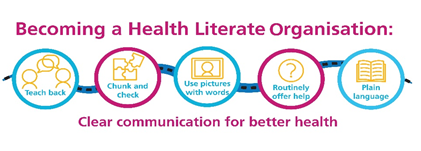The prostate gland lies just below your bladder. It helps produce healthy sperm. Problems with the prostate gland can affect how you urinate and your sexual function.
Prostate cancer is caused when some cells in the prostate start to grow out of control.
Prostate cancer is the second most common cause of cancer deaths in UK men. Each year about 50,000 men are diagnosed with prostate cancer and about 12,000 die from the disease. More than 75% (3 in 4) of men with prostate cancer survive with the disease for 10 or more years. Prostate cancer is rare in men under 50 and the risk increases with age. Most research into PSA testing has been among men aged between 50 and 69.
Slow-growing cancers are common. Prostate cancer may not cause symptoms or shorten your life.
Risk
You are at a higher risk of developing prostate cancer if you:
- Are aged over 50
- Have a close relative, for example brother of father, who has had prostate cancer
- Are of black ethnic origin [double the risk]
There is no single test for prostate cancer. One of the tests is a blood test called a prostate-specific antigen [PSA] test measures the level of PSA and may help to detect early prostate cancer.
Whilst there is currently no national screening programme for prostate cancer there is an NHS informed choice programme, called prostate cancer risk management. For healthy men over 50 or over who ask their GP about PSA testing. It aims to give men good information on the pros and cons of a PSA test. If a man is 50 or over and decided to have his PSA level tested after talking to a GP, the GP can arrange for it to be carried out free on the NHS.
Find out about prostate cancer and the PSA test
You can read further information about PSA testing and Prostate cancer advice for men without symptoms of prostate disease aged 50 and over.
If your would like to discuss this further and are interested in being tested, then please contact St Johns Surgery to book an appointment with a doctor.




